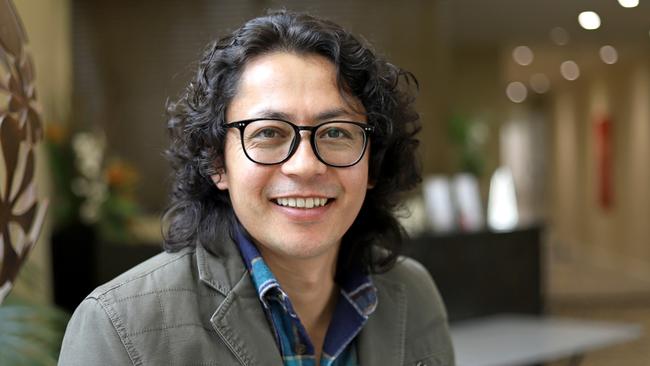Refugees ‘untapped’ resource in skills crisis
They’re ready to work, so why don’t we encourage more employment of refugees and asylum seekers?

Refugees and asylum-seekers are an untapped labour source that should be accessed by the construction sector at a time of severe skill shortages, according to Hedayat Osyan, the chief executive of a social enterprise, CommUnity Construction, dedicated to employing people on humanitarian and temporary protection visas.
Unemployment is one of the top issues for those who arrive as refugees or asylum-seekers, he says, yet they often miss out on work because of limited English or unfounded fears that they may be difficult to work with.
Osyan wants governments to do more via procurement programs – similar to indigenous procurement programs – that encourage companies to contract work to social enterprises such as his.
The Victorian, NSW and Queensland governments already have procurement frameworks designed to help social enterprises obtain work and he is keen for these programs to be promoted more and for the federal government to also get involved.
Osyan came to Australia as a refugee from Afghanistan in 2010 and completed bachelor and honours degrees at the University of Canberra before working with refugee groups in Sydney.
“When I finished my honours degree from the University of Canberra, I moved to Sydney to work for a few months, and then I started my PhD because I was very passionate about becoming an academic,” he says.
“When I moved to Sydney I was working as a youth consultant … and also I was working in the construction industry part time.”
It was there he met Afghan refugees and asylum-seekers who were desperate for work and often faced discrimination. Many had worked in construction in Afghanistan but their experience and qualifications were not accepted here.
“Some of them, when they got jobs, were exploited because of a lack of English … they are very vulnerable,” he says. “They asked me to help because I can speak English and I had a network.”
After researching the issues, he opted to set up a social enterprise company in 2018 with a mission to increase employment opportunities.
At its peak the company employed 20 people, but it lost work during Covid and now has six people on its books who are available for tiling, waterproofing, airconditioning and clean-up work.
As well, CommUnity Construction draws on subcontractors from a firm set up by previous employees.
In the past four years, Osyan’s company has helped 67 refugees and asylum-seekers to achieve economic independence and even buy their own homes. Three have set up their own businesses with the organisation’s support.
While most of CommUnity Construction’s workers have been from Afghanistan, the company also has employed workers from Pakistan, Iran and Iraq. Osyan says the workers become very independent, feel they are contributing and feel more empowered.
Many of the projects they have worked on have been for major construction companies that want to work with purpose-driven and socially minded organisations.
“These projects have mostly come through word of mouth and client referrals,” Osyan says. “With the right procurement frameworks and government incentives in place, the impact of social enterprises like CommUnity Construction could be scaled to completely new levels to help employ thousands of refugees and asylum-seekers while getting dozens more projects completed.
“There’s a capacity, there’s a potential, but there’s a very ineffective approach from the top.”
Osyan says governments should encourage corporations to do more social procurement; for example, by buying 5 per cent of their goods and services from social enterprises.
“Corporations want to have some kind of corporate social responsibility,” he says. “This could help them to hit their target.”
Governments also could help by allocating a percentage of their work to social enterprises employing refugees and asylum-seekers.
“Many construction companies continue to rely on private companies and subcontractors for projects, and the labour shortage is leading to project schedules and budgets blowing out,” Osyan says.
“Instead, these companies should be looking at a community-oriented approach, particularly within rural communities where the labour shortage is dire.”



To join the conversation, please log in. Don't have an account? Register
Join the conversation, you are commenting as Logout